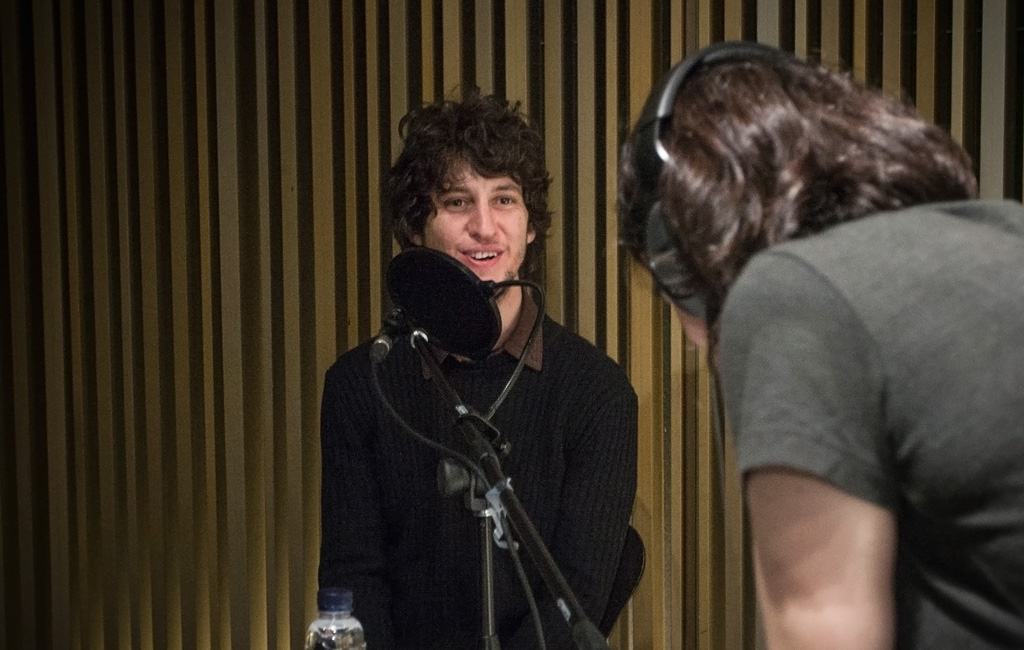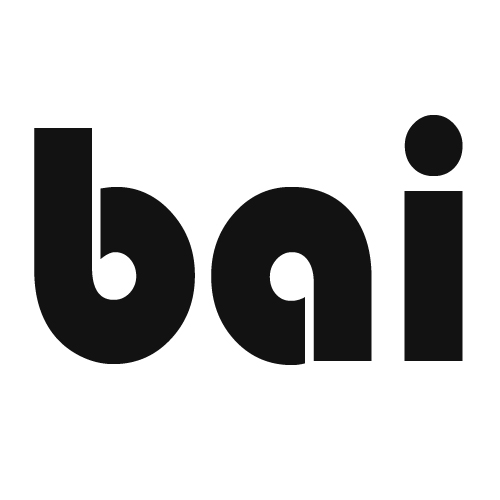Current Status
Price
Get Started

Photo by courtesy of Adrian Melis
Enroll now as seats are limited:
Min. seats: 5 | Max. seats: 30 | Language: English
- Develop ethical storytelling techniques and mastering experimental filmmaking tools as well as understanding how art can shape cultural dialogues.
- Participants will gain insight into how González and other global artists transform personal and social experiences into powerful works of art.
- Learn how working with limited resources can inspire innovative creative methods, turning constraints into opportunities.
- Gain a deeper understanding of how social and economic conditions have influenced artistic expression across different cultures and time periods.
- Understand the ethical and cultural considerations involved in creating and interpreting art that represents underrepresented or less visible communities.
- Participate in hands-on exercises that encourage you to create with minimal resources, reflecting the real-world conditions many artists work within.
- Learn how art can be a tool for reflection and dialogue, equipping you with skills to engage in meaningful conversations around community and social themes.
Online Course FRAMES OF RESILIENCE: Art, Poverty and Experimental Filmmaking in Contemporary Art Practices by Adrian Melis
“Frames of Resilience: Art, Poverty and Experimental Filmmaking in Contemporary Art Practices is a dynamic four-session course exploring the intersection of art, poverty, and experimental filmmaking. This course examines the transformative power of art and experimental filmmaking in addressing and transcending the socio-economic barriers of poverty. Using the groundbreaking work of César González—an Argentine filmmaker and poet who emerged from the underrepresented communities of Buenos Aires—as a central reference, participants will explore how artists worldwide have responded to poverty as both a challenge and a source of creative innovation. Through his experimental films, González offers alternative perspectives, demonstrating how art can be a tool of resistance, amplifying voices, encouraging critical thinking. Grassroots Filmmaking, Community and Collaboration, DIY and Punk Aesthetics, Amplifying Underrepresented Voices, Art as a Catalyst for Dialogue and Awareness among other fields are examples of how contemporary artists have tackled the topic of art and poverty in diverse ways, turning limited resources into opportunities, using their lived experiences of poverty as a wellspring for radical creativity. By examining some of these examples I will demonstrate that artists addressing poverty do much more than just reflect on its realities. They challenge the systems by exploring underlying dynamics, create platforms for underrepresented voices, and redefine the boundaries of contemporary art practices.
Your BAI Online Course Instructor

Adrian Melis (Havana, Cuba,1985) takes as his starting point current socio economic circumstances in Cuba as well as in Europe and considers how the shifting status quo affects the lives of individuals and furthermore the ways in which societies operate within their framework. Drawing from issues of unemployment, bureaucratic inefficiency, corporate as well as political corruption he creates mechanisms in which third parties’ experiences and stories are integrated in the production or execution of his work. His methodology instills within the works ironic and absurd qualities, meanwhile allowing for elements of absence, either formal or symbolic to manifest. Inspired by the lack of motivation and productivity in Cuba, Melis also experiments with creating feasible temporary employment opportunities both at home and in Europe.
Save the dates in your calendar
The live sessions for this course will be given on Tuesday February 03, 10, 17 and 24, 2026, each day from 4 – 6 pm (Berlin time). You will also receive an email reminder for each video conference before it takes place.
Recording of Live Sessions
We record the live sessions so that they remain available for a logged in course participant until one week after the last session. Please check before booking a course the technical requirements as listed below.
Access to content
You will get access to the course content and lessons in our learning management system once you are enrolled.
Technical requirements
We will use the Zoom Meeting application for the live sessions. You need a stable internet connection. There are two ways to access the live meeting:
1. Via the Zoom app
Before joining a Zoom meeting on a computer or mobile device, you can download the Zoom app here: https://zoom.us/download
or on: https://apps.apple.com/de/app/zoom-cloud-meetings/id546505307
Otherwise, you will be prompted to download and install Zoom when you click our join the zoom meeting link.
2. Via Google Chrome Browser on https://zoom.us/join
If you are using Google Chrome to join a meeting, you will see a dialog box to launch the Zoom application.
https://support.zoom.us/hc/en-us/articles/201362593-Launching-Zoom-from-a-web-browser
Here you find more info: https://youtu.be/hIkCmbvAHQQ
We will provide the Zoom Meeting ID before each meeting. BAI will record the live sessions.
For Windows, macOS, and Linux:
https://support.zoom.us/hc/en-us/articles/201362023-System-requirements-for-Windows-macOS-and-Linux
In addition to the Online Program, the Berlin Art Institute offers an international Studio Program, a Residency Program, Portfolio Courses, a Spring Academy, a Summer School, an Arts Incubator, a Friends Program, and the presentation and exhibition display 404 | BAI.
If you have any questions, please contact us at ecourses@berlinartinstitute.com

